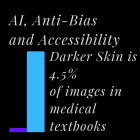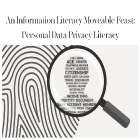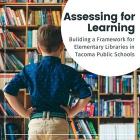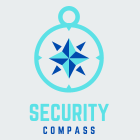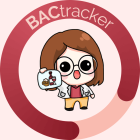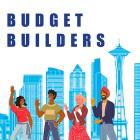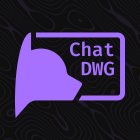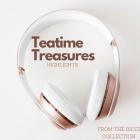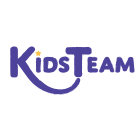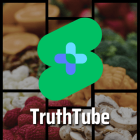
TruthTube: Nutritional health Narratives In YouTube Shorts
The proliferation of short-form video platforms like YouTube Shorts has revolutionized health information dissemination. However, these platforms often prioritize engagement metrics over content reliability, exacerbating misinformation. This study examines how the content of nutritional health videos influences their popularity and viewer uptake, focusing on informative versus misinformative content. By analyzing video transcripts and comments using YouTube's APIs,, we identified themes and sentiment differences between video types. Informative videos foster positive viewer reactions, while misinformative ones elicit negativity. Our findings highlight the importance of content quality in online health discussions, aiding viewers in discerning reliable information and promoting informed decision-making.

